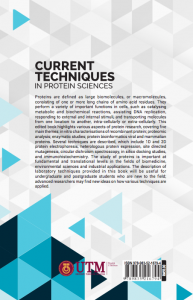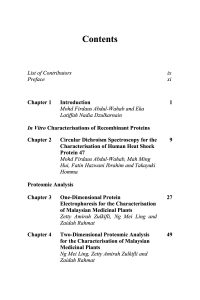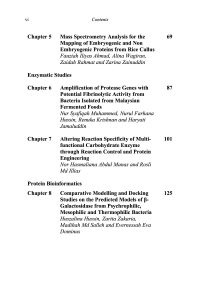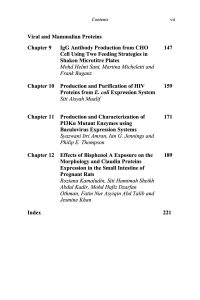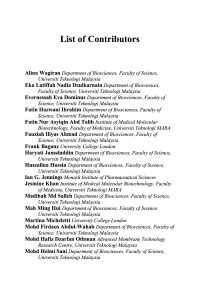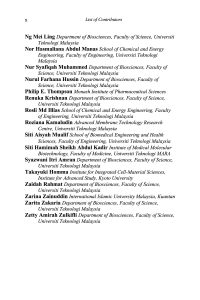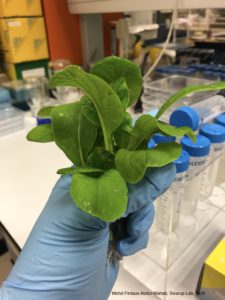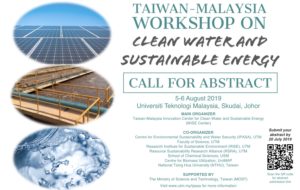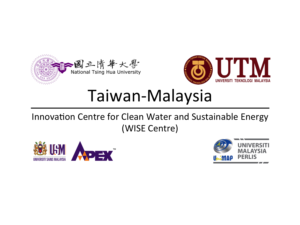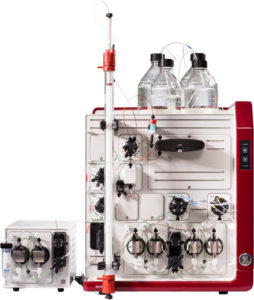Update: The position has been filled. Thank you for all the interests.
Conversion of CO2 to CH4 by Methanogenic Microbes for Use in Valued-added Geologic Carbon Capture and Sequestration
We are currently looking for one (1) postdoctoral researcher to work on this project, in collaboration with Petronas Research Sdn. Bhd. (PRSB). It is a multi-disciplinary project, with researchers coming from several UTM faculties and CoE (Department of Biosciences and Department of Physics, Faculty of Science; School of Chemical Engineering and School of Mechanical Engineering, Faculty of Engineering; and Advanced Membrane Technology Research Centre) together with reservoir geology and geochemistry researchers at PRSB.
Project summary:
Carbon capture and storage (or sequestration) (CCS), is the process of capturing CO2 from large-scale emitters such as fossil fuel refineries, power plants and product manufacturing industries, and transporting it to a storage site. This prevents the CO2 re-entry into the atmosphere. There are several routes available for CCS, which can be divided into physicochemical, biological, and geological route. CO2 sequestration in deep subsurface formations, such as oil and gas reservoirs provides several advantages, such as enhanced oil recovery, and the capability to store up to two thirds of the CO2 in underground systems. The injected CO2 can also be transformed into CH4 by microbes for energy recovery as value-added options, in the presence of suitable electron donors, for example formate and H2.
This exploratory project will involve cultivation of methanogens under laboratory conditions and evaluation of the CO2 to CH4 conversion capacity. It will also involve lab scale reactor optimisations for the production of H2. Self-designed reservoir-mimic reactor will be used for larger scale methanogenesis reactions with CO2 and H2 as feedstocks. Depending on sample availability, microbial community analysis and methanogenesis characterisations will also be done on environmental samples.
Candidate requirements:
Open to both Malaysian and international candidates.
PhD (in biochemistry, biotechnology, chemical engineering, bioprocess engineering, or any related fields) from local or foreign universities.
Experience in any of these skills are an advantage: archaea handling, anaerobic reactor systems, reservoir biology, microbial ecology.
The position is on contract-basis (renewable up to 24 months), based on the candidate and project performance.
A monthly salary of MYR5,000 will be provided.
How to apply:
Kindly e-mail your CV and cover letter to the project leader, Dr. Mohd Firdaus Abdul Wahab at firdausw@utm.my.
Only selected candidates will be contacted for interview.
Position is open until filled.
